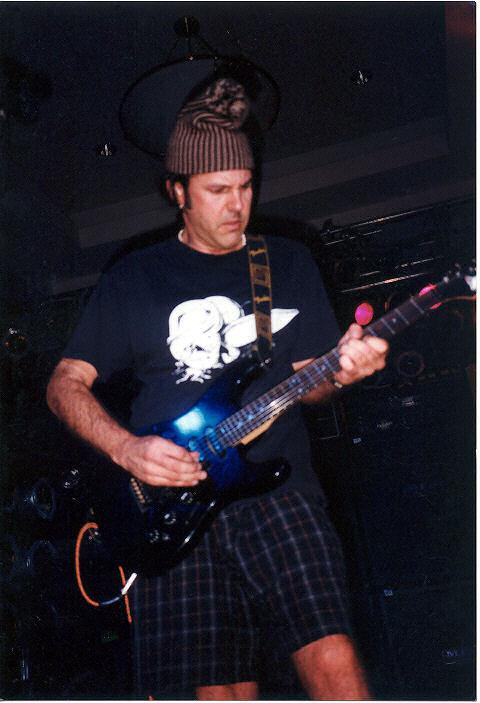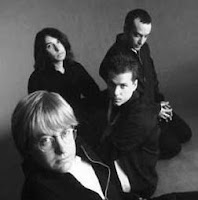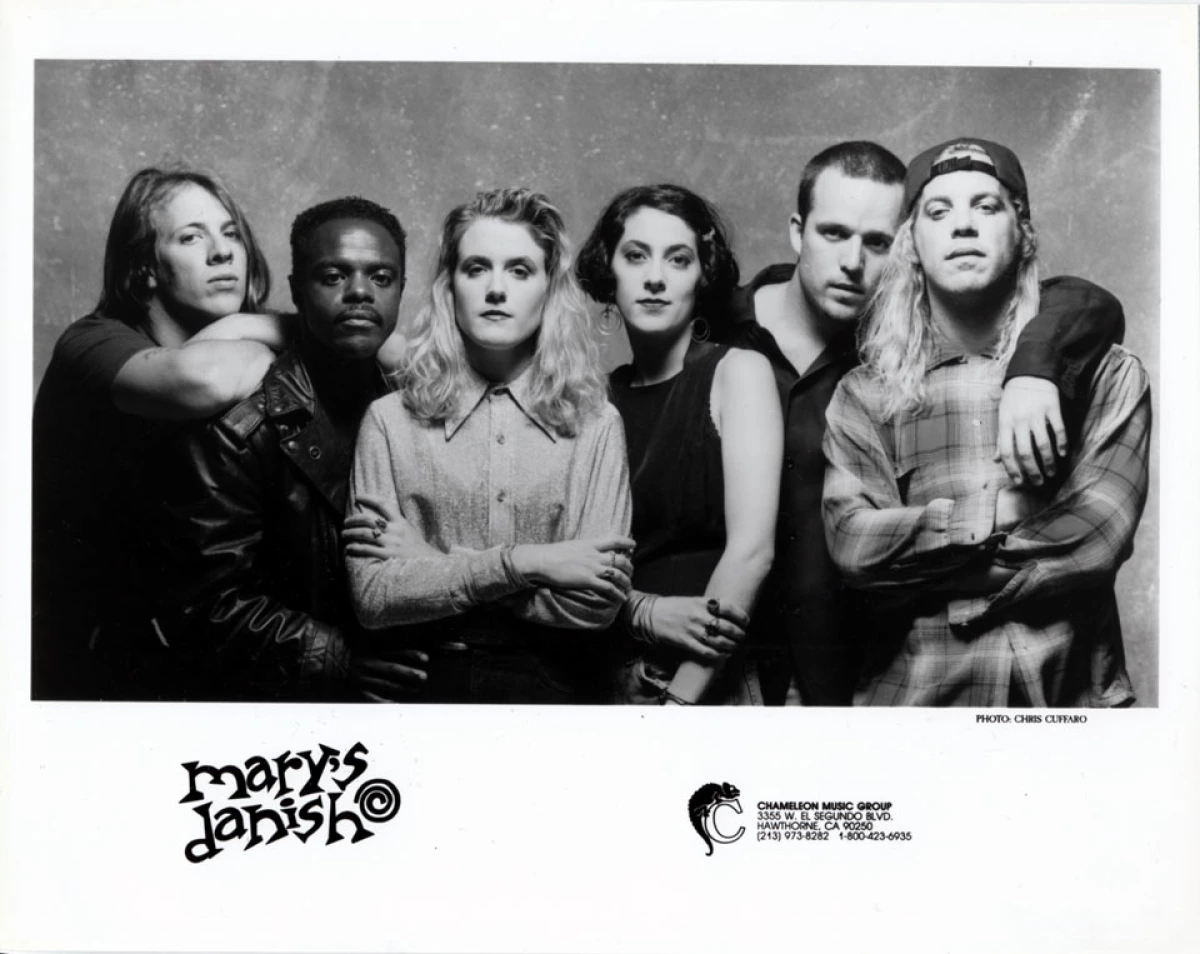An Interview with Tom Maxwell
 No one expected swing music to make a comeback, especially in the 90's but bands like Big Bad Voodoo Daddy, Cherry Poppin' Daddies and The Brian Setzer Orchestra proved it could be popular again, at least for a time. One band however, North Carolina's Squirrel Nut Zippers stood above and beyond the rest with their freaked-out sound and interesting take on melody.
No one expected swing music to make a comeback, especially in the 90's but bands like Big Bad Voodoo Daddy, Cherry Poppin' Daddies and The Brian Setzer Orchestra proved it could be popular again, at least for a time. One band however, North Carolina's Squirrel Nut Zippers stood above and beyond the rest with their freaked-out sound and interesting take on melody.The band is most known for the 1997 smash "Hell" written by guitarist/co-vocalist Tom Maxwell. As interviewed here, no one had any idea it would go so bad so soon.
When did you first become interested in music?
At the age of eleven. That's when I got turned on to my older brother's Beatles records, which were revelatory, and started learning how to play the alto saxophone.
When did the Squirrel Nut Zippers get started and was there much of a scene to support you when you got started?
The Zips formed in the spring of 1993, and I joined in January of '94. There was a very supportive scene--but none of the bands sounded alike! Chapel Hill was the greatest petri dish of music: rent was cheap, beer was cheap, and there were a dozen or so excellent bands, none of whom resembled each other. By the time the Zippers formed, the town had been branded "the new Seattle," which fucked a lot of things up. It had a depressive effect on the scene's diversity, which was always its strength.
When did you guys sign with Mammoth and how did that end up working out?
There were essentially two labels in town; Mammoth and Merge. Merge put out the first Zippers single, in December of '93. Both labels showed interest. We went with Mammoth because we thought they had better distribution. In hindsight, we made the wrong choice, but so it goes. Mammoth ended up getting bought by Disney, who expected to recoup from us. It didn't happen, and soon after, Mammoth ceased to exist. A sad tale. As far as labels go, they were pretty good. Our deal sucked--much worse than it would have been with Merge--but they had good distribution and didn't interfere meaningfully with our music. Some of the people there were awesome, and some were duds.
The second thing I thought after hearing "Hell" was a hit was "when and how will this end?" The first thing, of course, was "yay!" The success of that song was incredible good fortune, fun, and mind-fuckery. I couldn't ever quite reconcile that any of it was real, so I decided it wasn't, probably beginning my trajectory into Buddhism.
What happened with Stacy, if I may ask?
Stacy was fired, due to his heroin use. We didn't know how to handle it, and thought that, faced with the choice, he would kick and we'd let him back in. He died three years later, of an overdose, while we were in Sweden. Such a tragedy and waste. The last time I saw him, I was playing at Crook's Corner for a benefit. I sent him home to get his trumpet and sit in, and he came back with the horn in a paper bag. Not a good sign! His playing was so sweet, and his tone and melodic sense so good. Much more Chet Baker than Louis Armstrong.
 What prompted you and Ken to leave the band and how easy or difficult was it for you guys and the rest of the band?
What prompted you and Ken to leave the band and how easy or difficult was it for you guys and the rest of the band?I left because I realized that the only reasons I was staying was fear of leaving and the money. Those weren't good enough--I never got into the band for money, and fear is a terrible motivator. So I quit. I can't speak for Ken. I tell people that the first rule of being in a bomber crew is to bail out before the plane hits the ground. So it was with the Zippers. I wanted it to be a family, and equitable, but Jim and Katharine always felt it belonged to them.
How did you feel about the band continuing on?
When I left I had no problem with it, but now it irritates. Not that they're playing music as a group--by all means--but that they're calling it a "reunion" when Ken and I aren't in it, and sometimes using our likenesses. It misleads people. They're playing lots of our songs too. I wish they wouldn't.
What prompted the lawsuit and were you able to get everything you set out for, if I may ask?
Litigation is ongoing, this time in Federal Court. Basically, they hired a manager who commissioned from us. Then we discovered we'd been ripped off. What I set out for was a separation from the band, and never got it. I quit a band I could never leave, and continue picking up the pieces.
Do you keep in touch with anyone from the band?
Yeah, I stay in touch with Ken and see Don Raleigh around sometimes.
How was it recording "Samsara" and are there any plans for another album?
Recording "Samsara" was one of the greatest experiences of my life. It was intense and beautiful, and all up to me: songwriting arranging, assembling the players. Plus, we did most of it in Kingsway in New Orleans, where the Zippers recorded several records. Such fun.
What are you up to now, is it the same?
I'm a dad. My daughter Evelyn in seven, and my son Esten turned five today. A year and a half ago, he was diagnosed with leukemia. It's in remission, and his prognosis is excellent. I play occasionally, had done movie and tv soundtrack work, radio spots, was outreach coordinator for the Full Frame festival, write the occasional article for The Independent...basically still navigating the strange terrain of artistic self-employment.




Comments
Post a Comment